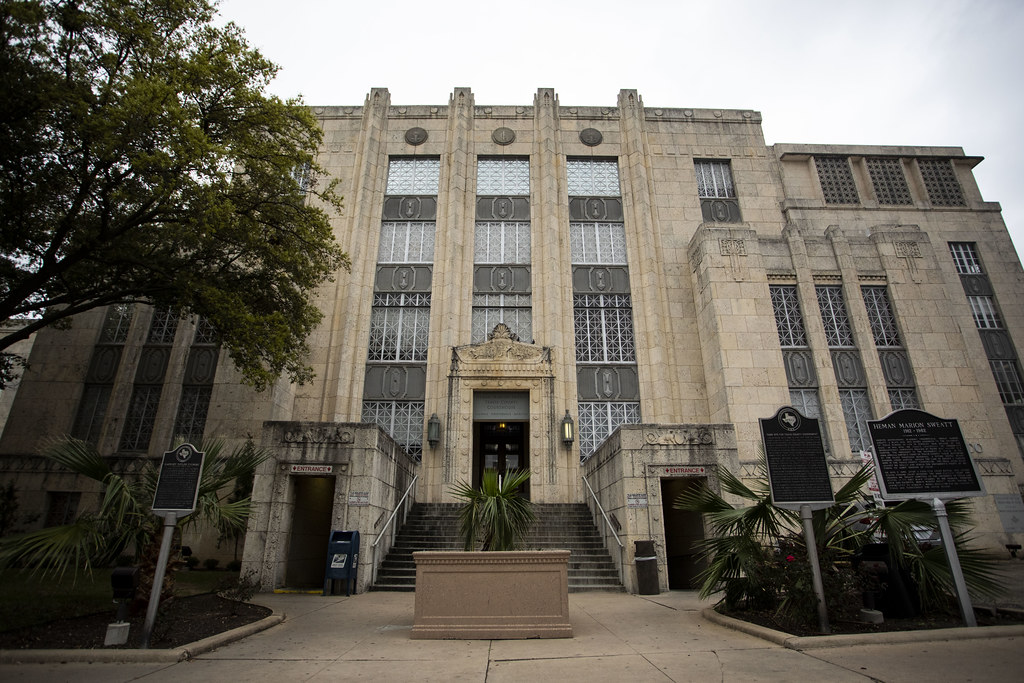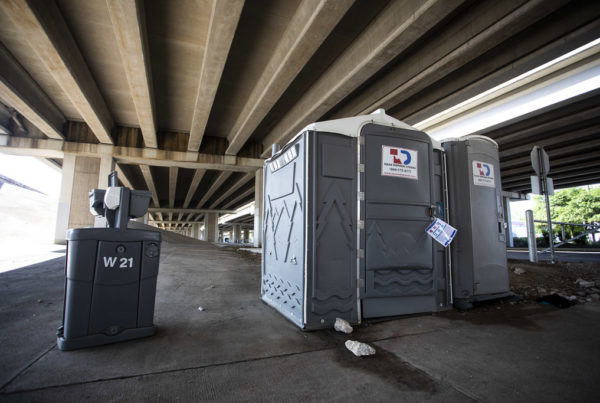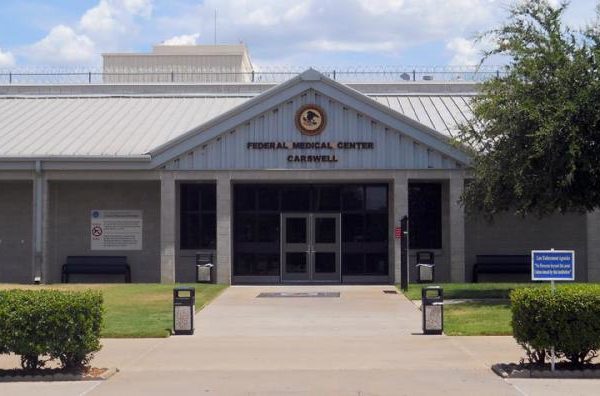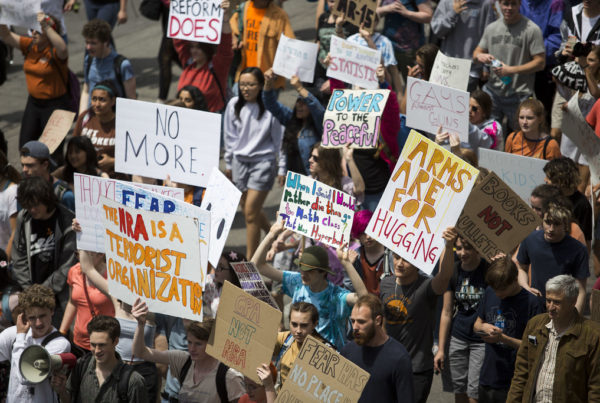For decades no one questioned how police officers proved someone committed a crime. Now, several techniques used by law enforcement are considered “junk science.”
In recent years, experts have dismissed the so-called fire science used to convict and execute Cameron Todd Willingham, the bite-mark evidence used in countless cases and even how officers claimed splatters of blood pointed to one suspect or another.
Now, there’s another instrument in a police investigator’s tool bag under scrutiny: the use of hypnosis to help build a case against a suspect. The Dallas Morning News examined the practice in a two-part series written by reporters Lauren McGaughy and Dave Boucher this month.
Police officers and even the Texas Rangers have used information gleaned from hypnosis sessions they have conducted with crime victims and witnesses for years. And even though 21 other states ban evidence collected solely during hypnosis sessions, Texas courts allow it, the Dallas Morning News reported.
But there are some major problems with the evidence.
“It can plant false memories in your mind without you even knowing it,” McGaughy tells Texas Standard host David Brown. “It is still being used, and that’s the big wrinkle here, whereas many other states have said that this evidence isn’t admissible in court anymore it is admissible here in Texas.”
Written by Terri Langford.














